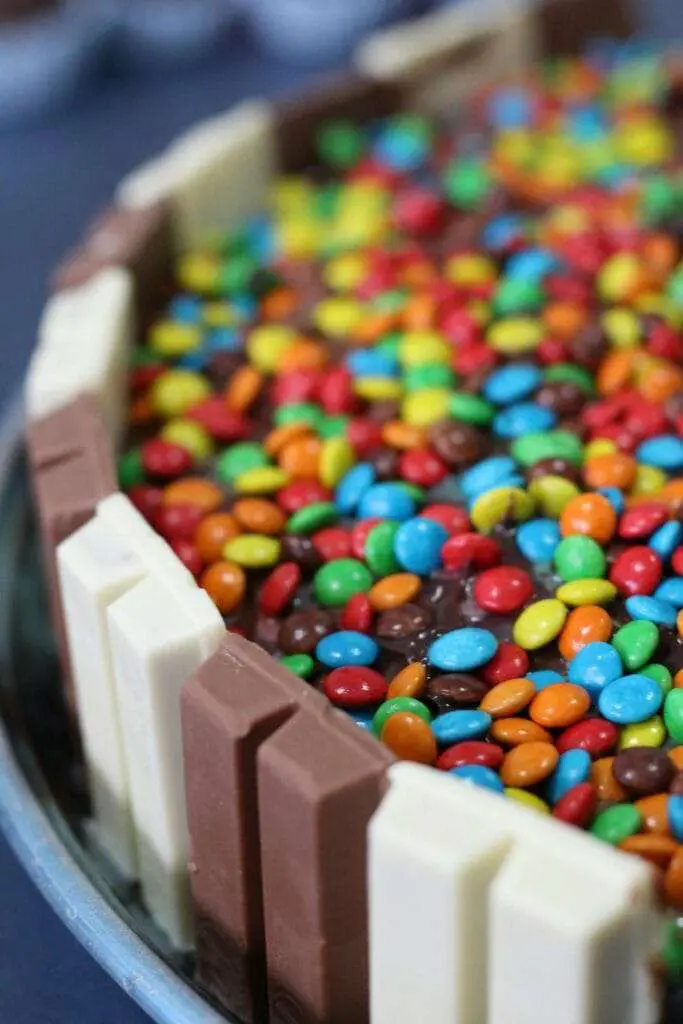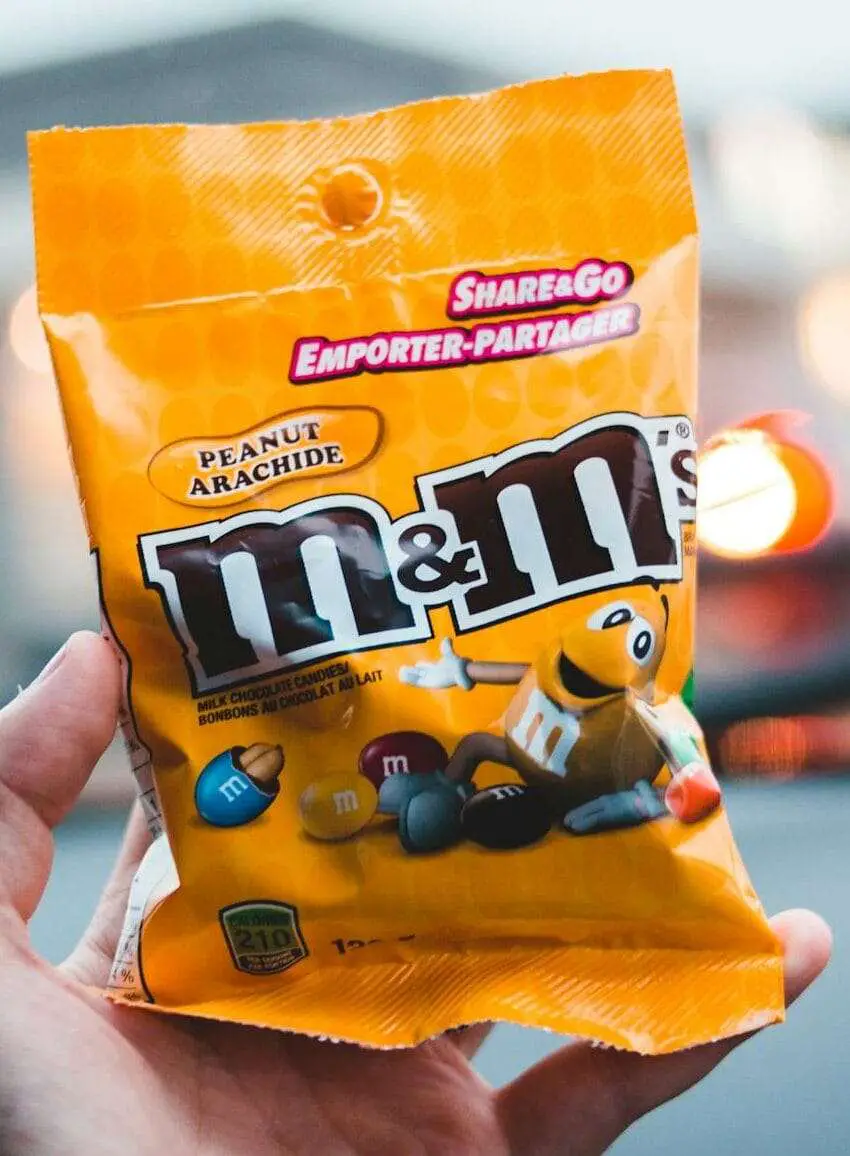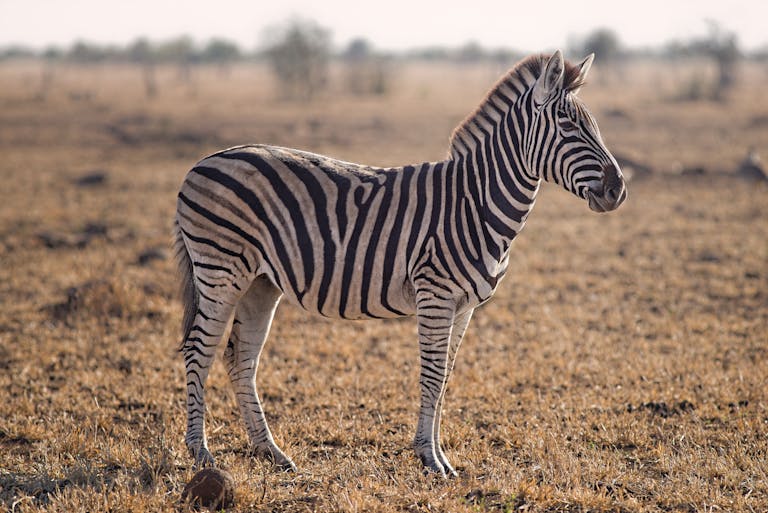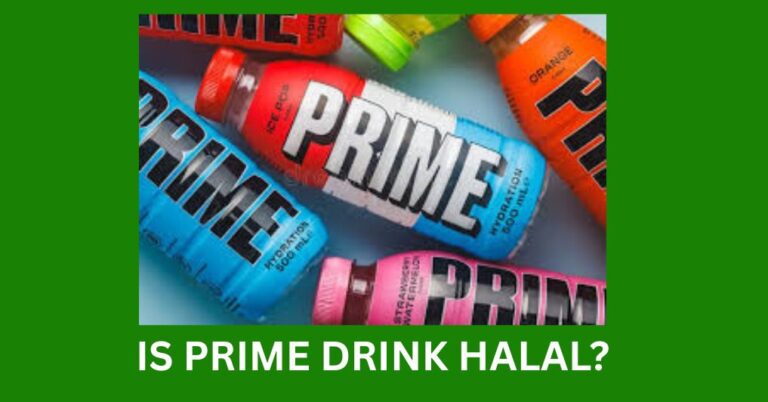Are M&Ms Halal? Everything You Need to Know About Their Halal Status
M&Ms are one of the most popular candies worldwide, loved for their colorful candy shell and chocolatey filling. However, for Muslim consumers, one question often arises: Are M&Ms Halal? It’s important to know the halal status of foods to ensure they comply with dietary guidelines.
In this post, we’ll explore the halal status of M&Ms, break down their ingredients, and provide insights into their production process to help you make an informed decision.
Quick Answer: M&Ms are generally not halal in most regions.
What Are M&Ms?
M&Ms were first introduced in 1941 by Forrest Mars and Bruce Murrie, combining the names of their respective companies. These small, colorful, candy-coated chocolates quickly became a favorite snack globally. Over time, M&Ms have evolved, introducing various flavors and variations, such as peanut, crispy, and peanut butter.
M&Ms are primarily made of milk chocolate with a crunchy candy shell. While these ingredients seem straightforward, understanding the source of each component is essential when determining whether M&Ms are halal.
Ingredients in M&Ms

M&Ms contain a variety of ingredients, including chocolate, sugar, and food colorings. Here’s a breakdown of the primary ingredients in the classic milk chocolate M&Ms:
- Milk Chocolate: Consists of sugar, milk powder, cocoa mass, and cocoa butter.
- Candy Shell: Made from sugar, cornstarch, and various color additives.
- Emulsifiers: Such as lecithin, used to blend ingredients smoothly.
- Food Colorings: Synthetic or natural colors are used for the candy coating.
- Other Additives: Ingredients like flavoring and stabilizers may also be included.
Common Halal Concerns
When examining whether M&Ms are halal, several ingredients can raise concerns for Muslim consumers:
- Gelatin: Some candies use gelatin, which is derived from animal sources. M&Ms, however, do not contain gelatin.
- Rennet: This is an enzyme used in some cheese-making processes. It’s important to check whether any M&Ms contain cheese derivatives using non-halal rennet.
- Food Colorings: Certain color additives, like E120 (carmine), can be derived from insects, which would make them non-halal. However, most M&Ms use synthetic or plant-based colorants, which are halal-friendly.
Why Are M&Ms Haram?
M&Ms are considered haram due to the following reasons:
1. Use of Carmine (E120)
- Some varieties of M&Ms use E120 (carmine), a red food coloring derived from crushed insects.
- Carmine is not halal as it involves animal products not slaughtered per Islamic guidelines.
2. Cross-Contamination Risks
- M&Ms are produced in facilities that also handle haram ingredients, raising the risk of cross-contamination.
- Even if some variants do not contain haram ingredients, the lack of strict segregation during production makes them non-halal.
3. Lack of Halal Certification
- M&Ms are not halal-certified in most regions, and their manufacturers have explicitly stated that they cannot guarantee compliance with halal standards.
4. Potential Use of Animal-Derived Ingredients
- Some emulsifiers or flavorings may be sourced from animals, making them non-halal unless their origins are clearly halal-certified.
Halal Certification Concerns
Halal certification is an essential marker for ensuring that a product is compliant with Islamic dietary laws. Some M&Ms may carry a halal certification, indicating that the product has been tested and confirmed free from any haram ingredients or processing methods. In countries like Malaysia or Indonesia, M&Ms are certified halal and clearly display the halal logo on their packaging.
How to Find Halal-Certified M&Ms
To find halal M&Ms, always check the packaging for halal certification symbols. Additionally, some manufacturers provide details about their production processes on their websites, which can offer more insights into their halal status.
Halal Certification of M&Ms in Different Regions:
Currently, M&Ms are not halal-certified in most regions, including the USA, Canada, and Europe. However, in certain countries where halal certification is a legal or market requirement, some variants of M&Ms may be halal-certified. For example:
- Halal-Certified M&Ms in Specific Countries:
- In Muslim-majority countries like Malaysia, Indonesia, or the UAE, local variants of M&Ms might be halal-certified. This is due to stricter regulations and consumer demand for halal products.
- Always verify the packaging for a clear halal certification logo before purchasing.
- Why It Varies by Region:
- The ingredients and production processes may differ between regions. In countries with halal certification requirements, M&Ms are reformulated to meet halal standards.
- However, in other countries, the standard formulations, which may contain haram or questionable ingredients, are used.
Halal Alternatives to M&Ms
If you’re still unsure about the halal status of M&Ms in your area, there are many halal-certified candy alternatives available. Some of these include:
- Sweets from Halal Snack Pack: This brand offers a variety of halal-friendly candy options, including chocolate bars, gummy candies, and more.
- Haribo Halal Gummy Bears: A popular halal-certified alternative to traditional gummy bears, made without any animal-derived gelatin.
- ChocZero: Offers halal-certified chocolates, including chocolate bars and chocolate-covered snacks.
- Smart Sweets: These gummies are free from gelatin and are halal-friendly, offering a healthier alternative to traditional candies.
Look for products with clear halal certification symbols to ensure they meet halal standards. Always verify the halal status through certifications when in doubt.
Conclusion
In conclusion, M&Ms can be halal, but it depends on the ingredients used and whether the product is halal-certified. It’s essential to check the packaging and consult halal certification standards in your region. Always verify the ingredients, particularly with regard to food colorings and cross-contamination risks, and opt for certified halal variants to be certain.
For Muslim consumers, being cautious and informed about food ingredients ensures peace of mind when enjoying your favorite treats.
Frequently Asked Questions About M&Ms
Are M&Ms halal?
No, M&Ms are generally not halal, as they may contain haram ingredients like carmine (E120) and lack halal certification in most regions.
Are there any halal-certified M&Ms?
Yes, in some Muslim-majority countries like Malaysia, Indonesia, or the UAE, M&Ms may be halal-certified. Always look for a halal logo on the packaging.
Why are M&Ms haram in most regions?
M&Ms are haram due to the use of questionable ingredients, such as animal-derived emulsifiers, carmine (E120), and cross-contamination risks during production.
Are peanut or dark chocolate M&Ms halal?
No, all variants, including peanut and dark chocolate M&Ms, are not halal unless explicitly certified as halal in specific regions.






One Comment